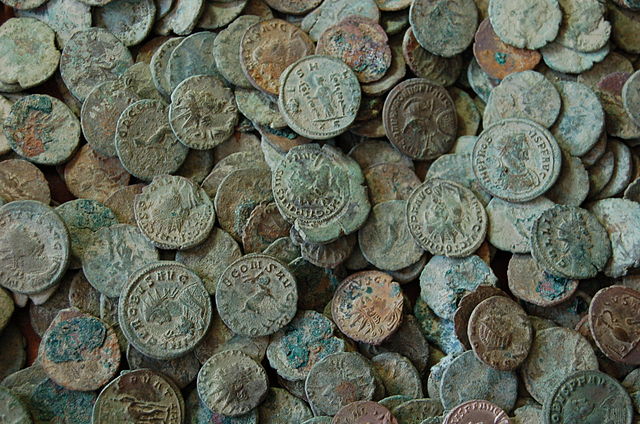by Lois Tverberg
“There was a rich man who had a manager who was reported to him as squandering his possessions. He called him and said to him, “Give an accounting of your management, for you can no longer be manager.’ The manager said to himself, `I know what I shall do, so that when I am removed from the management people will welcome me into their homes.’ He summoned each one of his master’s debtors, and he began saying to the first, `How much do you owe my master?'”And he said, `A hundred measures of oil.’ He said to him, `Take your bill, and sit down quickly and write fifty.’ “Then he said to another, `And how much do you owe?’ And he said, `A hundred measures of wheat.’ He said to him, `Take your bill, and write eighty.’ His master praised the unrighteous manager because he had acted shrewdly.”
– Luke 16:1-8, edited
This is another parable that is difficult for us – it seems like Jesus is saying that cheating your employer is a model for us to live by. Was that really what he was saying? Knowing more about the context of this parable may cast new light on Jesus’ message. (1)
 One thing to note is that the rich man probably lived far away and employed the manager to keep track of his loan repayments. Loan managers, like tax collectors, were paid commissions from the accounts that they oversaw. Thus, the more they could collect from the debtors, the more they earned.
One thing to note is that the rich man probably lived far away and employed the manager to keep track of his loan repayments. Loan managers, like tax collectors, were paid commissions from the accounts that they oversaw. Thus, the more they could collect from the debtors, the more they earned.
Biblical law stated that a Jew who received a loan could not be charged interest, so charging any more than the principal would have been an unlawful practice. But since it was difficult for the poor to find anyone who would loan money without some kind of compensation, historians think that loans were recorded for a higher amount than their actual value to circumvent the prohibition against charging interest. It would have been the difference that went to the loan manager, and if the loan manager was corrupt, he may have been greatly overcharging for loans as well as squandering his employer’s money.
With this extra information in mind, it casts this parable in a new light. The loan recipients may have hated the manager for his profiteering from the overcharges at their expense. When the loan manager lowered the bills, he may have been correcting the bills back to their true amount, and forfeiting his own pay. By doing this, he would have been “repenting” from the corruption that had been making enemies for himself. Even though it cost him monetarily, he would have gone from being hated to being loved by all the people he dealt with. Even his boss would look good in the eyes of the debtors. Indeed, this may have been the first honest act of his life, when he realized that he needed people’s friendship more than their money.
While we can’t be sure of this scenario, it does paint a different picture of the manager’s act. When he realized that “judgment” was coming from his boss, he straightened out his life so that he would not suffer forever for his corruption. We all know that we will be called to account for our lives, and we should all act wisely knowing that eternal dwellings are at stake.
(1) Historical data comes from a talk given by Dr. Randall Buth called “The Unjust Steward” from the Center for Study of Biblical Research (CSBR).
Photo: Portable Antiquities Scheme

 “Do not judge, and you will not be judged. Do not condemn, and you will not be condemned… For with the measure you use, it will be measured to you.”
“Do not judge, and you will not be judged. Do not condemn, and you will not be condemned… For with the measure you use, it will be measured to you.”